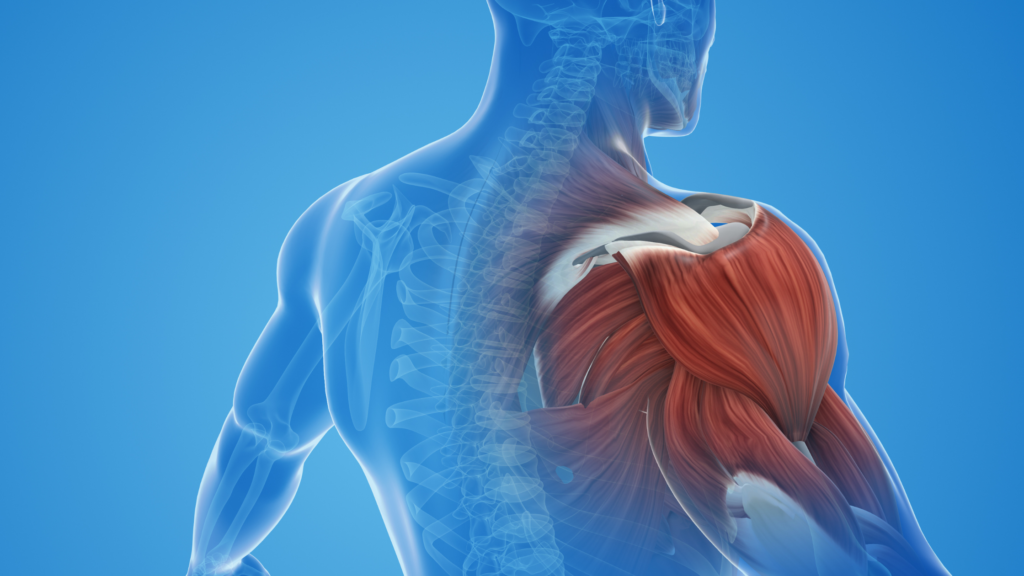When it comes to optimizing athletic performance and promoting efficient muscle recovery, many factors come into play. From adequate hydration and balanced nutrition to proper rest and strategic training, athletes try various methods to enhance their muscle function. One essential mineral that often goes unnoticed but plays a crucial role in muscle health is magnesium.
The Role of Magnesium in Muscle Function
Magnesium is involved in hundreds of biochemical reactions in the body, making it an essential nutrient for overall health. One significant role of magnesium is its involvement in muscle function. Magnesium ions are essential for muscle contraction and relaxation, allowing the muscles to perform optimally during physical activity.
During exercise, the body increases the demand for energy, which is produced through the breakdown of adenosine triphosphate (ATP). Magnesium is required for the proper functioning of ATP-dependent enzymes that are involved in ATP production. Without adequate magnesium, the body cannot efficiently produce ATP, leading to decreased muscle performance.
Furthermore, magnesium plays a vital role in the regulation of muscle contractions. It affects calcium channels, which control the influx of calcium ions into muscle cells. Proper levels of magnesium ensure that muscles contract and relax in a coordinated and controlled manner. This is especially crucial for activities that require precise muscle movements, such as weightlifting or competitive sports.
Magnesium and Muscle Recovery
In addition to its role in muscle function, magnesium also plays a significant role in muscle recovery. Exercise-induced muscle damage and inflammation are common after intense physical activity. Magnesium acts as an anti-inflammatory agent, helping to reduce the production of inflammatory markers and promoting faster recovery.
Studies have shown that magnesium supplementation can alleviate muscle soreness and improve overall recovery post-exercise. It has been found to reduce the levels of creatine kinase, a marker of muscle damage, and decrease inflammatory markers such as C-reactive protein (CRP). By reducing muscle damage and inflammation, magnesium supplementation can ultimately enhance muscle recovery and performance.
Ensuring Sufficient Magnesium Intake
While magnesium is found in a variety of foods such as green leafy vegetables, nuts, seeds, and whole grains, athletes often have higher magnesium requirements due to increased physical activity and sweating. Meeting those requirements through diet alone can be challenging. Therefore, supplementation may be necessary to ensure sufficient magnesium intake.
When considering magnesium supplements, it is essential to choose a high-quality product from a reputable brand. Look for supplements that provide magnesium in a highly bioavailable form, such as magnesium citrate or magnesium glycinate. These forms are easily absorbed by the body and are less likely to cause digestive discomfort.
Athletes should consult with a healthcare professional or a registered dietitian to understand their magnesium requirements based on their specific needs and activity levels. This will help ensure the right dosage and supplementation strategy for optimal muscle function and recovery.
Conclusion
Magnesium’s crucial role in muscle function and recovery cannot be overlooked. From supporting energy production to regulating muscle contractions and reducing inflammation, magnesium plays a significant role in enhancing athletic performance and promoting efficient muscle recovery. Whether through diet or supplementation, ensuring sufficient magnesium intake is essential for athletes looking to optimize their muscle health and overall performance.
